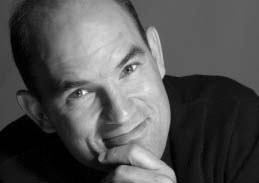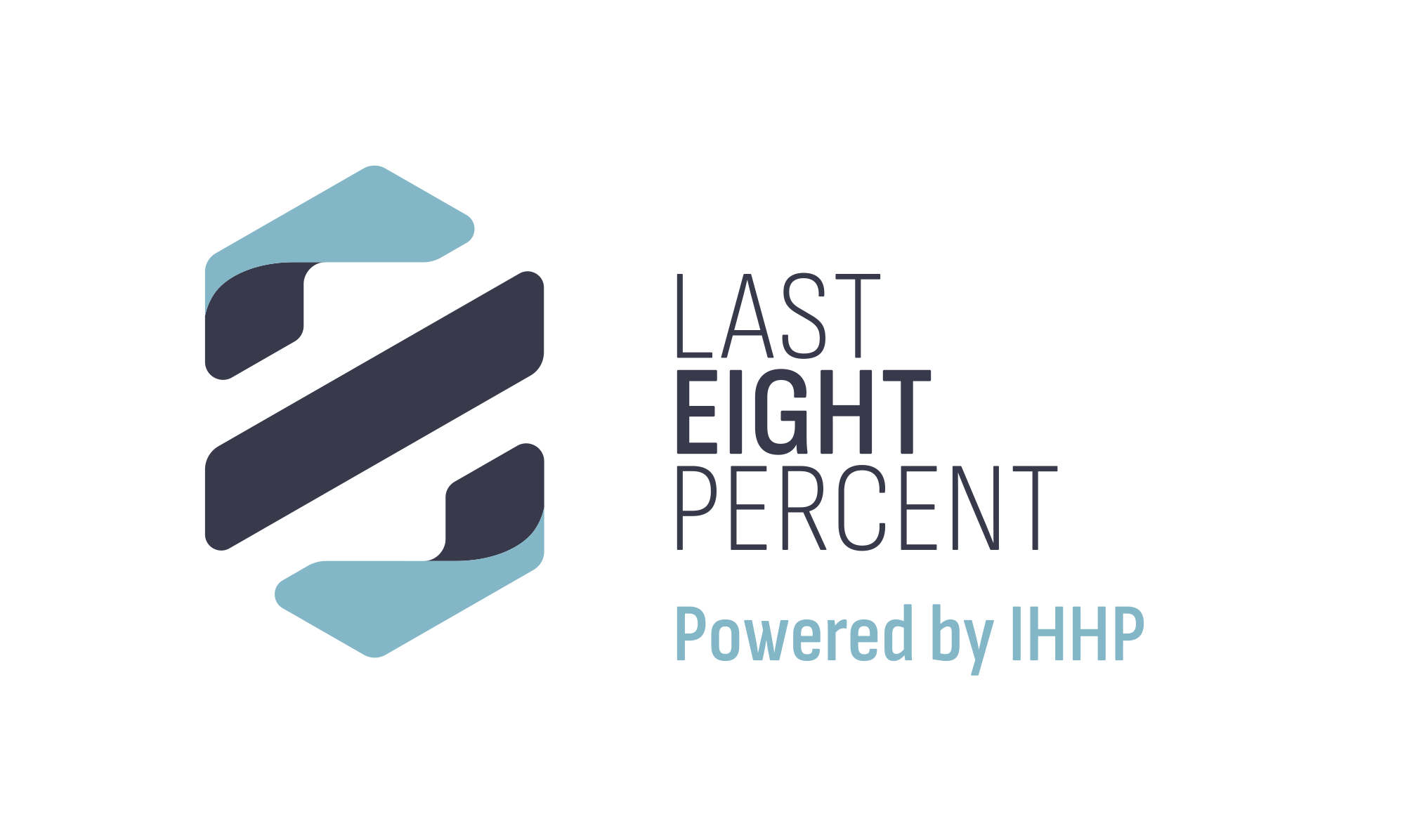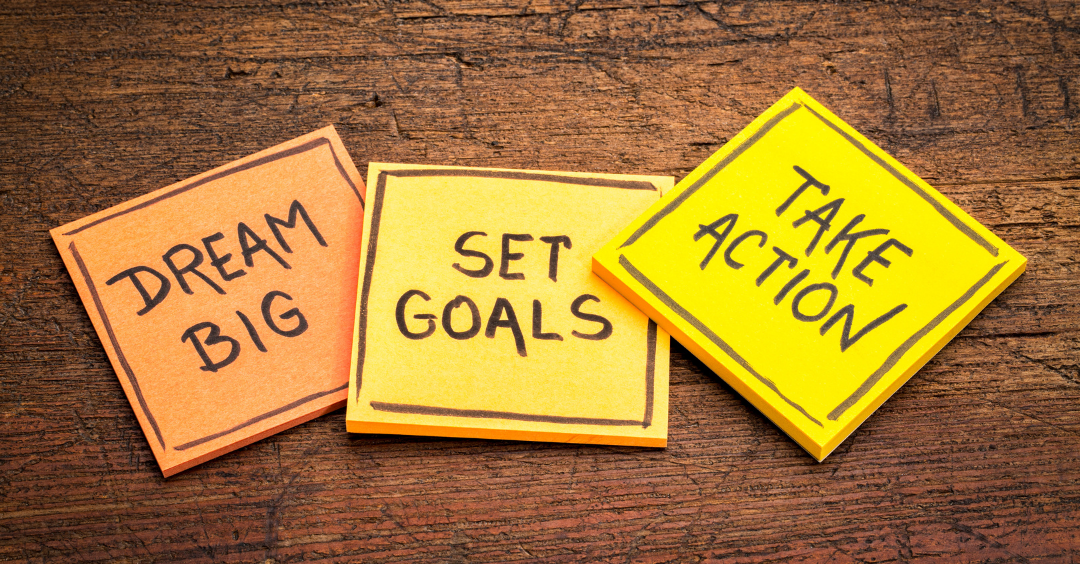Life is not easy. As we go about trying to be successful, happy, and productive, we face many challenging situations. Whether it is Covid-related, work-related or something happening at home; all of these can cause anxiety and suffering. Without skills to manage these challenges, we struggle.
A big part of the skills required to manage this center around managing emotions: how we manage the internal ups and downs we experience and how we manage the external challenges that arise in our most important relationships or during change.
Many people miss a critical aspect of managing our emotions effectively: the importance of having an aim, a direction, some goals, and a plan.
Unfortunately, many people have the wrong idea about goals or goal setting. They think it’s the purview of the hyper motivated. Or something they are obligated to do at work but rarely use to any discernible benefit.
The Value of a Plan
Having clear goals and a plan creates meaning for people. Life is hard enough as it is and meaning is one of the things that makes it more bearable. Meaning helps us keep going when things get tough, which they inevitably do.
For instance, if we are not sure why we are doing something, if it is not part of a bigger plan, it is easier to lose our way and not follow through when faced with something uncomfortable such as the temptation of staying in bed and not exercising, or not following through on eating well, or giving up when we hit a setback. All of these can cause us to ‘fall off the horse,’ lose momentum and stop moving forward in our lives, which feels awful.
It does not have to be this way.
Stoic philosopher, Seneca, wrote:
“Our plans miscarry because they have no aim. When a man or woman does not know what harbor they are making for, no wind is the right wind.”
So, we need a plan with an aim in order to get the power of meaning behind us. Working in a focused way towards something we value, that we find challenging, creates meaning, and builds momentum. Working in a structured way to develop ourselves, to become better versions of ourselves, creates meaning and builds momentum. This goal-focused activity and ensuing momentum takes on a life of its own, turning on our dopaminergic system, increasing our positive emotions, and helping us expand what we see is possible in our lives.
Where to Start
To help you create a plan that can imbue meaning in your life we have just released our Last 8% Morning podcast series, The Science of Goal Setting to Build a Better Life. This series will provide you with an approach to build your goals and craft a plan to help bring meaning to your life and help you manage the strong emotions you experience in your most difficult moments.
While our approach might be called ‘goal setting’ in the broader sense, it is much bigger than that. We go deeper and provide you with a methodology to look back and understand who you were and what you learned at different stages of your life. We then help you use this insight to craft a vision for what your Best Life versus your Mediocre Life might look like in three years. This you use to build leverage over your daily decisions. After all, it is the daily decisions we make when we face our more difficult situations, what we call Last 8% situations, that create the life we end up with.
The biggest breakthroughs in consciousness occur when things are difficult; when we have a choice to fall to the worst of ourselves or rise to the best of ourselves.
– Yehuda Berg
The Last 8% Project
This is what the Last 8% project is all about: helping people develop the skills and tools of emotional intelligence to confront difficult situations head on. Helping them see their challenging situations differently: as opportunities for transformation as opposed to something to avoid. To become a better version of themselves so they can create the kind of relationships, career, life, and impact they want to have in the world.
If you are not familiar with the Last 8% Project, a great place to start is this newly launched goal setting series. It is based on the best science of goal setting we have and is an approach we have used with Olympic athletes for over 20 years. But you do not need to be an athlete to benefit. You just need to be someone who wants to make the most out of their life and not someone who ‘played small’, didn’t take risks, and ended up feeling some regret for what might have been.
As Michelangelo said: “The greater danger for most of us isn’t that our aim is too high and miss it, but that it is too low and we reach it.”
Let’s walk!
Join the Last 8% Project Facebook Group.
Learn more about the Last 8% Morning Podcast.

About the Author
Dr. JP Pawliw-Fry is one of the founders of IHHP. He co-wrote the NY Times bestseller, Performing Under Pressure, and is sought out by Fortune 500 companies as a keynote speaker. If you want to hear more about how to manage stress and pressure, subscribe to his podcast Last 8% Morning on Apple, Spotify, and Stitcher.

